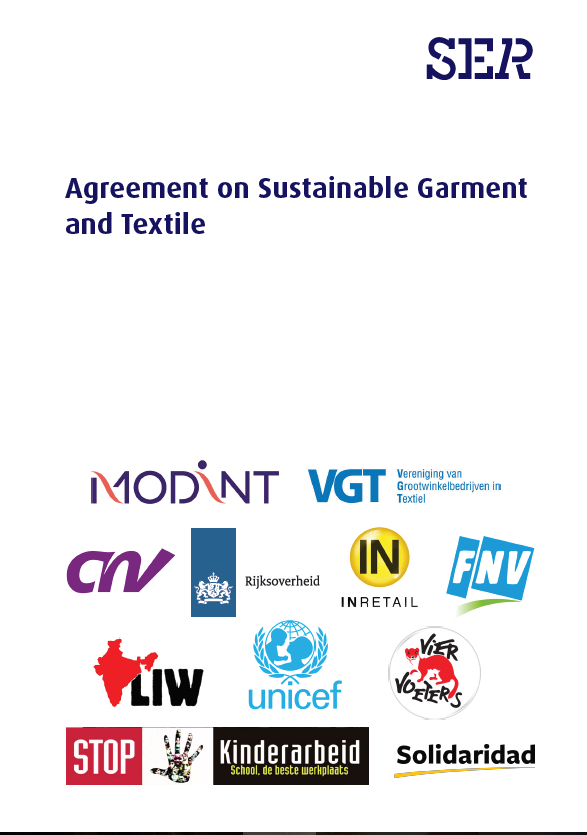IHG Modern Slavery Statement 2020
COVID-19 resourcesStandards & Codes of ConductThis statement has been written in accordance with the requirements of the UK Modern Slavery Act 2015. This is IHG’s fifth Modern Slavery Statement and reflects the progress IHG has made during the financial year (January – December) 2020. The s...Read More

